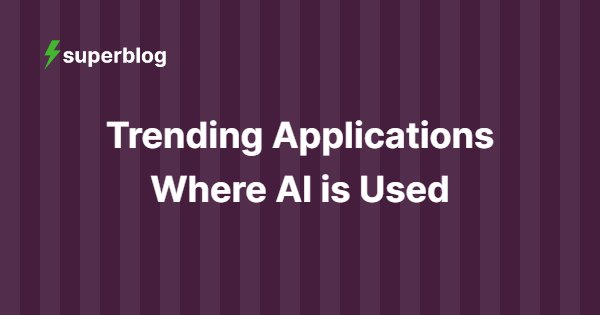In today’s digital age, it’s nearly impossible to escape the reach of artificial intelligence companies that use our data to train their systems. From large language models to image generators, our online content is often leveraged without our explicit permission. The lack of transparency and control over how our data is used for AI training poses a significant privacy concern for many individuals and businesses.
Understanding the Impact of AI Data Collection
Artificial intelligence companies have been harvesting vast amounts of data from the web to power their generative AI models. This data includes personal information, messages, and interactions shared on platforms like Reddit, Twitter, and more. While some companies claim this data is essential for developing their AI technologies, the ethical implications of using individuals’ content without their consent cannot be overlooked.
Challenges in Opting Out of AI Training
Despite growing concerns about AI data practices, many companies make it difficult for users to opt out of having their data used for training purposes. The opacity surrounding data collection processes, coupled with complex privacy laws, creates obstacles for individuals looking to regain control over their online content. Additionally, the lack of clarity regarding the permissions users have agreed to further complicates the process of deleting or “unlearning” data from AI systems.
Taking Action to Protect Your Data
While the task of removing your data from AI systems may seem daunting, there are steps you can take to assert more control over your online content:
- Opting out of AI training on platforms like Adobe, Google, OpenAI, Slack, and WordPress by adjusting privacy settings or contacting administrators.
- Utilizing features provided by AI companies to prevent your data from being used for training purposes.
- Updating your website’s robots.txt file to exclude AI crawlers from crawling your pages.
By proactively managing your data privacy settings and staying informed about AI data practices, you can take a proactive approach to safeguarding your online content from unauthorized use by artificial intelligence companies.

